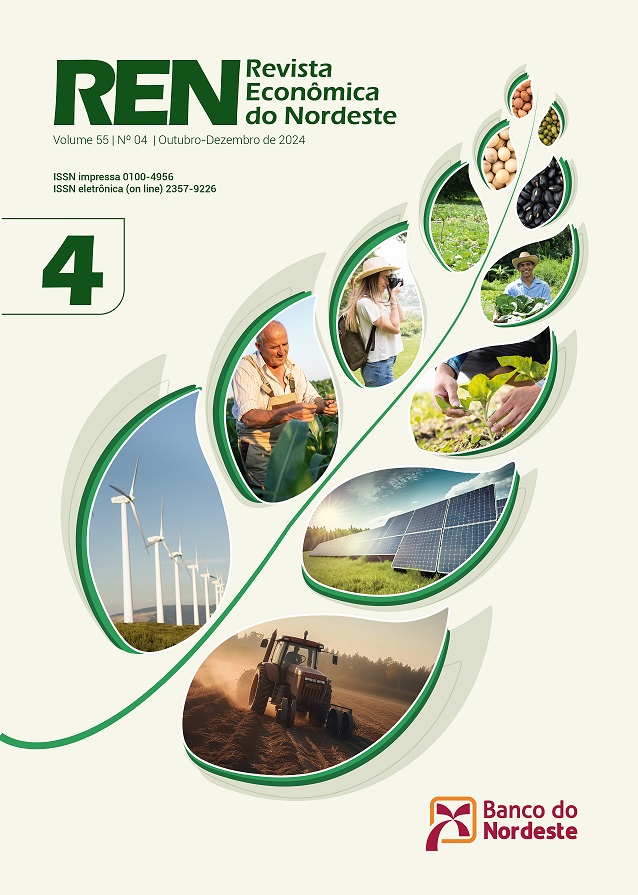THE ROLE OF BANKING INSTITUTIONS AND THE IMPACT OF BANKING CONCENTRATION ON THE BRAZILIAN ECONOMY FROM 2011-2019
DOI:
https://doi.org/10.61673/ren.2024.1579Keywords:
Banking sector, Post-Keynesian Theory, Banking concentrationAbstract
This article aims to present the active role of banking institutions in the economy in the light of Post-Keynesian Theory and bring this theoretical framework closer to the study of the impact of banking concentration on the granting of credit to economic agents. To this end, the elements “creation of endogenous bank money” and the “finance-investment-savings-funding circuit” will be used to explain the banking sector’s ability to accelerate economic growth and, aiming to explain banks as agents of instability, H. Minsky’s “financial fragility hypothesis” will be used. Furthermore, through Ordinary Least Squares Methods (OLS) an empirical study will be carried out for the Brazilian economy from 03/2011 to 12/2019 with data obtained from the Central Bank of Brazil, with the objective of investigating the impact of banking concentration on credit offer. This exercise relates the Volume of credit with the Banking Spread variables (representing the institutions' preference for liquidity), the Herfindahl-Hirschman Concentration Index (IHH) and the crisis dummy variable that began at the beginning of 2014 in Brazil. The results obtained report: banking institutions play an active role in the economy and that banking concentration has a negative impact on the granting of credit.Downloads
Download data is not yet available.
Downloads
Published
2024-10-31
How to Cite
Monteiro, I. E. S., & Farias, H. A. B. (2024). THE ROLE OF BANKING INSTITUTIONS AND THE IMPACT OF BANKING CONCENTRATION ON THE BRAZILIAN ECONOMY FROM 2011-2019. Revista Econômica Do Nordeste, 55(4), 86–106. https://doi.org/10.61673/ren.2024.1579
Issue
Section
Artigos
License
Copyright (c) 2023 Revista Econômica do Nordeste

This work is licensed under a Creative Commons Attribution 4.0 International License.








